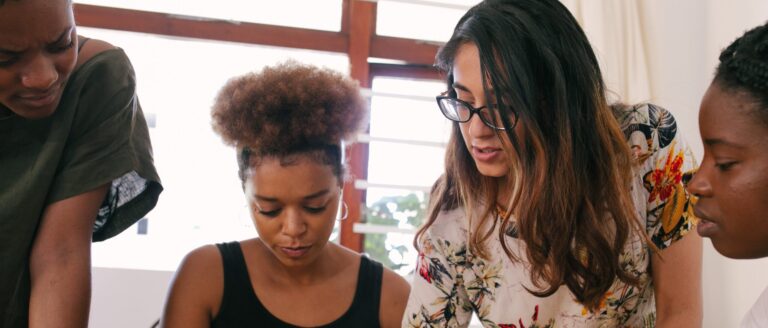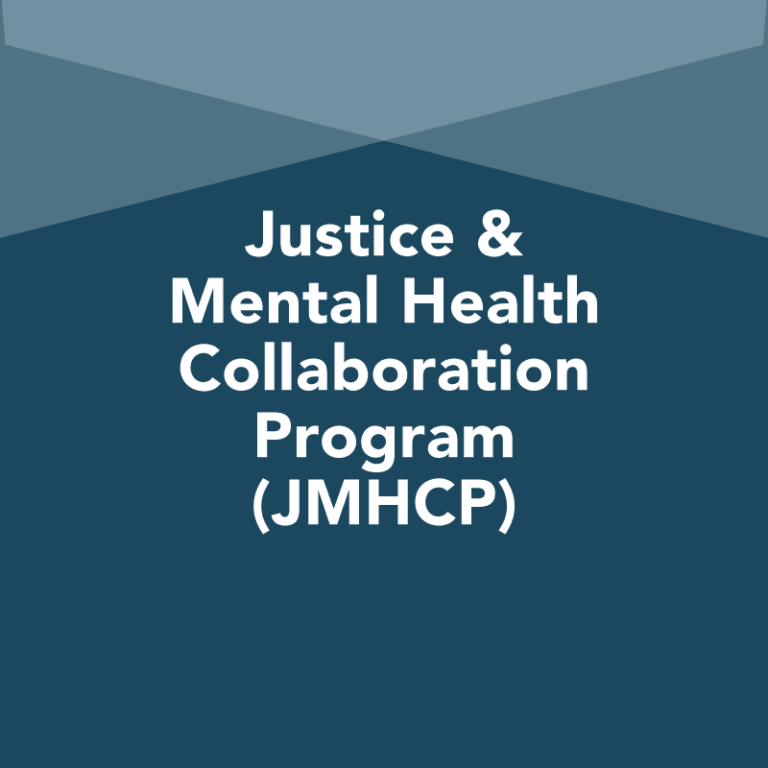Data warehouses, which are central repositories used to house information from multiple sources, can consolidate individual- and system-level data and allow for data tracking to identify relationships and trends. This information can guide decision-making for criminal justice-behavioral health partnerships—built to help minimize justice involvement among people with mental illnesses and substance use disorders—and pinpoint where to target resources and interventions. This checklist is intended to help agencies involved in the criminal justice-behavioral health partnership assess their current information technology infrastructure and guide the development of a cross-system data warehouse.
Related Resources

Preparing Law Enforcement Agencies for Embedded Clinicians
Crisis Systems, Law Enforcement, Mental Health
Read more
Building Successful Partnerships with Peer-Run Organizations
Co-Occurring Substance Use, Mental Health
Read more
FY2023 Planning and Implementation Guide for JMHCP Connect and Protect
Co-Occurring Substance Use, Law Enforcement, Mental Health
Read moreAuthors

Stephanie Ueberall
Deputy Program Director, Corrections and Reentry
Stephanie Ueberall works with states and counties to improve outcomes for youth in the juvenile justice system. Stephanie has also worked to reduce the overuse of jail through initiatives such as Stepping Up and the MacArthur Foundation’s Safety and Justice Challenge. She has extensive experience with youth and families involved in the justice system through direct service, research, technical assistance, and program design. Most recently, Stephanie was the director of violence prevention at the Citizens Crime Commission of New York City, where she worked to enhance community-led youth gun violence prevention. Stephanie holds a BS in psychology from the University of Arizona and an MA in community psychology from the University of New Haven.

Elizabeth Fleming
Senior Operations Specialist, Behavioral Health
Elizabeth Fleming provides writing, research, and project management support to the Behavioral Health Division. Prior to joining the CSG Justice Center, she was a fine art photographer for over a decade and served as a chapter leader for the International Cesarean Awareness Network, where she advocated for maternal and child health. Elizabeth holds a BFA in photography from Washington University in St. Louis; an MFA in photography, video, and related media from the School of Visual Arts in New York City; and an MA in sociology from Columbia University.